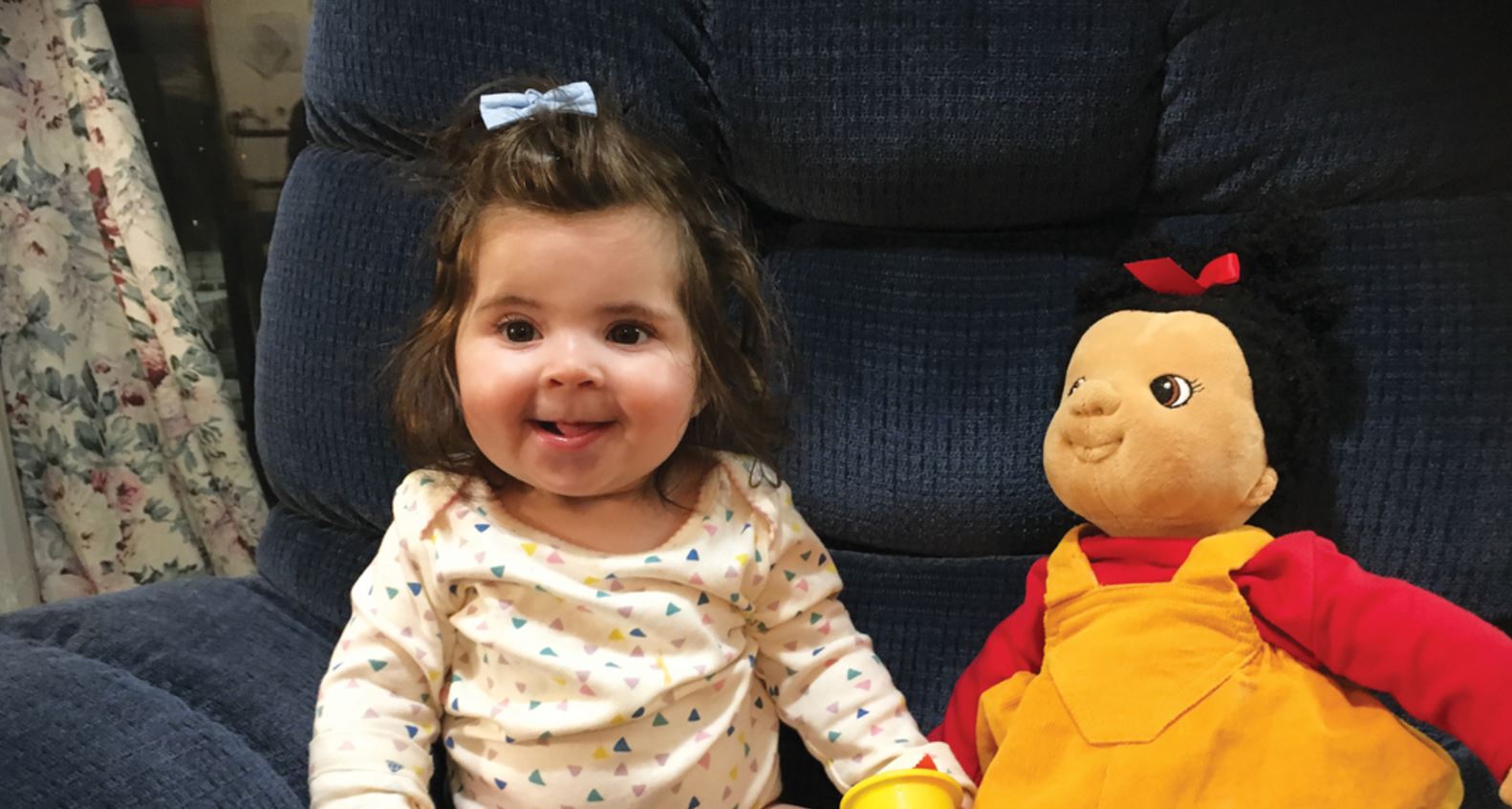Dolls encourage learning through imaginative play, letting children build their own creative scenario with different characters. A thoughtfully resourced centre will have a mix of different dolls to stimulate a child’s imagination and emotional development.
In our last doll blog post (Dolls: Pretend Play for Real Empathy) we looked at how realistic dolls can promote empathy and cultural understanding in young children.
Empathy dolls do not attempt to be realistic, but through subtle naturalistic cues in the design create deep satisfying connections.
Our Newest addition to our doll collection – Mia, Sofia, and Naomi the Empathy Dolls; and Billy the Cat from Dusyma -- are specifically designed to engage empathy and emotional connection.
- Weighted bottoms – to give the mass and heft of a living thing.
- Enticing, comforting fabric on hands, feet (or in the case of Billy, paws) and face.
- A clear facial structure with specially designed eyes that emulate constant eye contact.
- A space inside each doll insert other sensory stimulating materials: warmed stones or heat pack, scents, pebbles or bean bag etc.

The infant dolls have a weighted head that has to be supported when lifting and carrying – like a real newborn. They are also available in an anatomically correct option.



Dolls in Therapy
Whether due to emotional trauma, cognitive impairment or other causes, empathy dolls can be effective means to provoke and stimulate communication and narrative. Using an animal like Billy can help children open up and connect in a way a direct questioning might not. e.g. "How is Billy feeling today?" "Did something hurt Naomi?" "Does Billy like XXX?" etc.
Dolls can be an effective conflict resolution tool tool. Facilitators or educators will invite children to use the doll to portray a character in an analogous conflict, and then get the children to swap roles. Using the dolls in roll play can help gain another perspective on the situation at hand.
Doll therapy, is gaining popularity in the treatment of Alzheimer’s, Parkinson’s and dementia in adults. Seniorsmatter.com* reports that:
“Caregivers find doll therapy to result in calmer, happier patients who smile and communicate more, sometimes expressing needs they have been silent about inside the shell of their disease."
The combination of soft touch, weight, eye contact and other sensory stimulus (heat, scent or sound) evokes the comfort of physical touch and holding. With their careful design and features the Dusyma dolls can be a catalyst for purposeful and rewarding activities that activate care instincts and other strong emotions that ease anxiety and bring joy.


A Visit from Naomi
Naomi the doll has been spending some quality time with our sales consultant Cathy Elliot recently! Her 1 year old niece, Poppy, was infatuated with the doll. And an elderly woman with Parkinson’s Disease at her local gym “really took to the doll.”



*Info from: http://seniorsmatter.com/the-pros-and-cons-of-doll-therapy-for-people-living-with-dementia/















